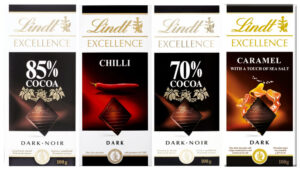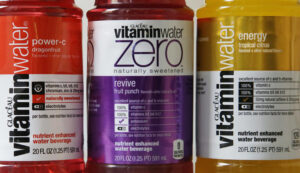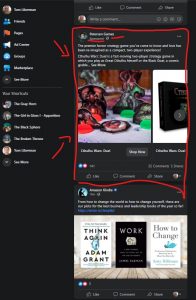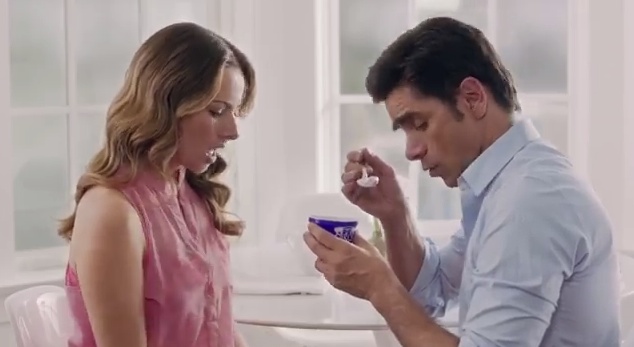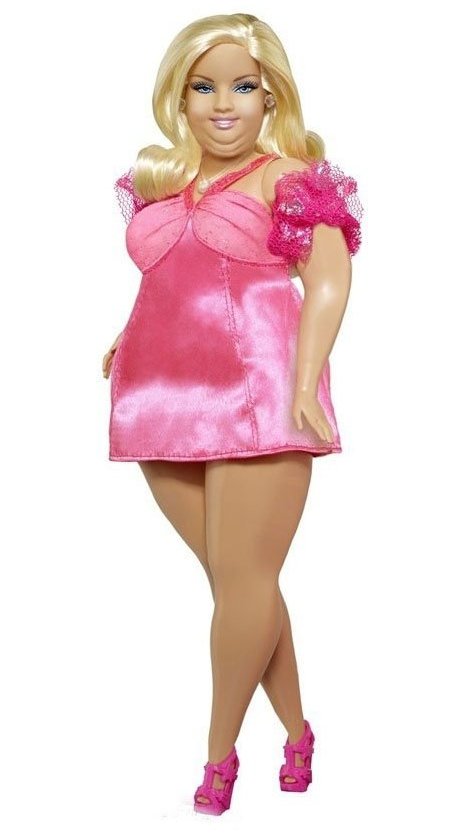I just read about an interesting false advertising legal case making its way through the U.S. Court system involving dark chocolate with cadmium and lead. In this particular case it’s Lindt Chocolate made in Switzerland.
I’ve written about false advertising in the past and I do think manufactures should give a fairly reasonable description of the product. In this case, Lindt advertises its chocolates as expertly crafted with the finest ingredients. They do not write dark chocolate laden with cadmium and lead on the label, for obvious reasons.
Study Reveals Dark Chocolate with Heavy Metals
The reality is that dark chocolate is usually laden with at least some heavy metals. The Cadmium generally arrives from the cocoa plant itself while lead gets there during the processing phase. The study that led to the lawsuit examined a number of dark chocolate brands including Lindt.
The result from Consumer Reports showed Lindt dark chocolate contained high-levels of Cadmium. Cadmium is generally considered a dangerous heavy metal that can lead to a variety of negative healthy effects.
Of the dark chocolate tested, Lindt wasn’t the highest for cadmium and lead nor was it the lowest.
The Lawsuit over Dark Chocolate with Cadmium and Lead
At issue is the advertising statement of expertly crafted with the finest ingredients. The argument goes that this statement might lead a consumer to pay for Lindt with the expectation that it did not have some of the problems associated with dark chocolate of a lower quality.
Lindt lawyers call the advertising statement puffery. Puffery is a legal term indicating that a reasonable consumer knows it’s merely exaggeration, boasting, and blustering. That it isn’t a real indication of the product quality. Anyone who has ever seen any advertisement knows all about puffery.
Lindt Dark Chocolate Conforms with Regulations
There are regulations about how much cadmium and lead is allowed to be in various food products and there is no question that Lindt chocolate comes in under this level. The Food and Drug Administration considers it safe for consumers in the United States.
The Fate of the Lawsuit
I strongly suspect the suit will result in no damages for the plaintiffs but that, perhaps, is not the point. The lawsuit, in my opinion, aims to educate the average buyer as to what they are consuming when they eat dark chocolate. Which is often advertised as healthier than milk or white chocolate.
We’ve seen quite a few lawsuits of this nature. Tuna in Subway sandwiches. Strawberries in Pop-Tarts. Various ingredients in supplements. It’s an interesting way to illustrate, Caveat Emptor. Let the buyer beware.
While I suspect the lawsuit is going nowhere, I do applaud the effort. In this modern age it pays to be aware of what you are consuming. The origin of the product, the quality of the product, the way labor is treated by the manufacturer, the environmental impacts of production.
Whether it be dark chocolate with cadmium and lead or any other product, I think most people want to make the world a better place. The government can’t save us and neither can the courts. Your purchasing power is the last line of defense. Use it wisely.
Tom Liberman
